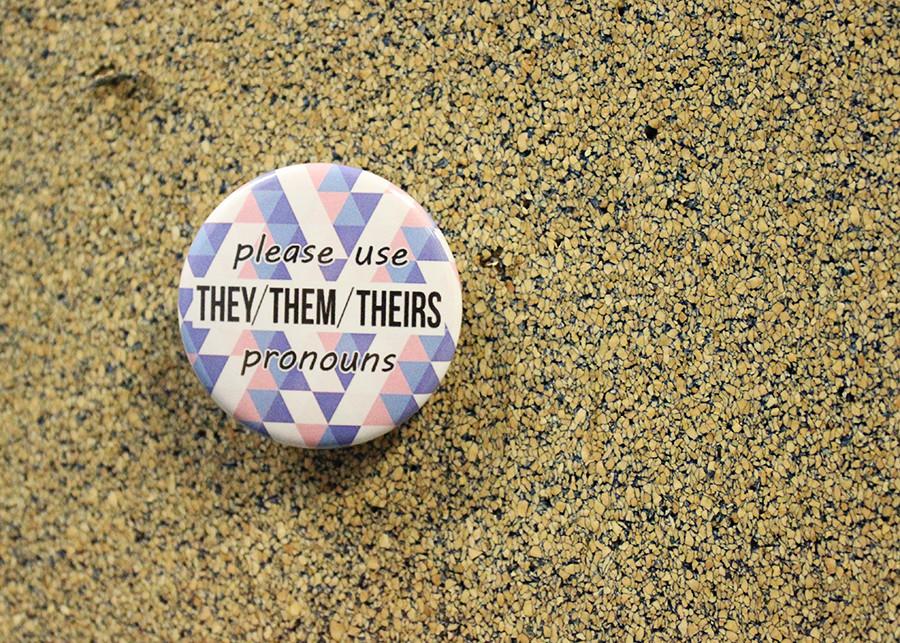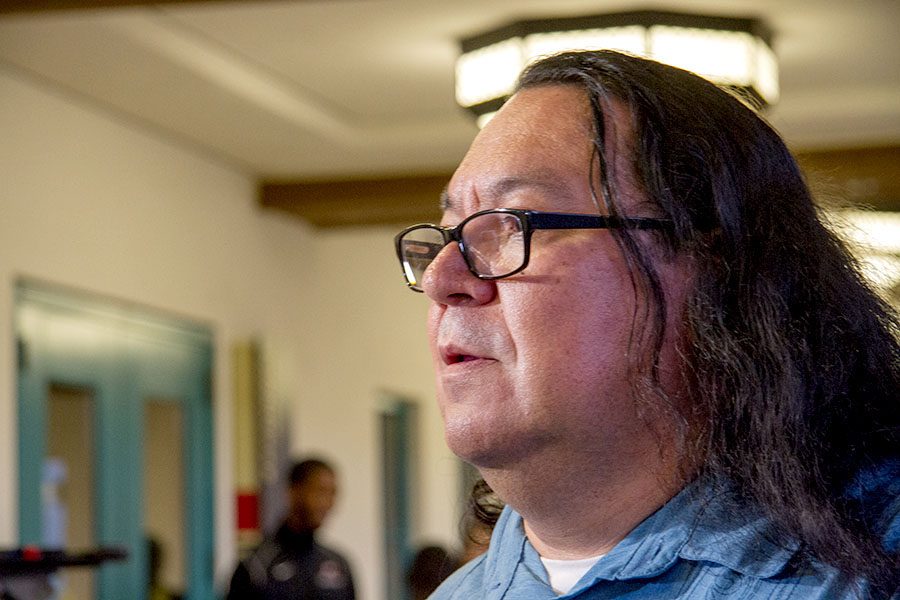Caitlyn Jenner, previously known as track star Bruce Jenner, made waves when she came out as transgender earlier this year.
She and the transgender community were brought into the spotlight due to Jenner’s high visibility in the public eye. Her personal life was put under intense scrutiny — from her coming out, her family’s reaction, to the status of her genitals. In her reality show, “I Am Cait,” she revealed that she would consider undergoing gender-affirming surgery, reassigning her genitals to match her gender identity. She’s been open about her operations, which include her chest and facial reconstruction.
Though Jenner may be open to commenting about her medical transition, it is wrong to assume that all other transgender people are comfortable to talk about body surgery, if they are even considering it.
Trans people don’t want to discuss personal details about their bodies just as much as cisgender people — individuals who identify as the gender assigned to them at birth — don’t want to talk about theirs. Trans people are not obligated to reinforce heteronormative standards established by the gender binary. Expressions of gender identity as as fluid as how one identifies with themselves.
In most cases, non-binary people don’t have to explain their genitals. Any person’s genitalia does not undermine their gender identity. However, not all institutions or people understand the fluidity of gender expression.
For example, the U.S. military was lauded as a progressive force following the repeal of Don’t Ask Don’t tell, but it still fails to understand gender identity in relation to transgender individuals.
Landon Wilson was forced to leave the military with an honorable discharge due to his transgender identity.
“How we see ourselves and how we present ourselves to the world is much more important than the underlying layers of what’s under our clothes or what could be under our clothes,” Wilson said in an interview with CBS News.
Some trans people don’t even want surgery.
Christin Scarlett Milloy wrote in a article published by Slate.com that if she were to come out today as a post-operation transgender woman, some cis people may only then accept her as a woman based on the fact that she had undergone surgery.
“This is unacceptable: you must learn to accept each person without knowing, or expecting to know, about their genitals,” Milloy wrote.
It is degrading to be reduced to what genitals you do or don’t have. General interaction with cis people does not prompt intrusive questions about their genitals. Why should it be any different for transgender people?
Trans people deserve privacy and they shouldn’t have to uncomfortably explain themselves about something cis people may not even understand.











